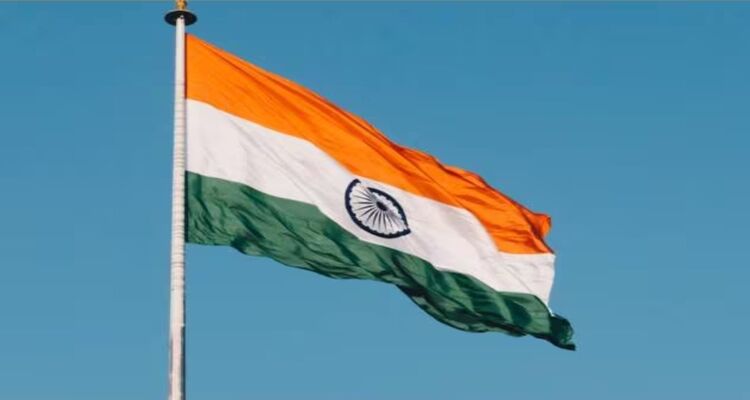
Recently, the Calcutta High Court in Malda District Central Cooperative Bank Employees Association vs ECI made a noteworthy observation regarding the scope of governmental authority in India, emphasizing that the government does not possess absolute control over every institution in the country. This observation came in response to a case involving the compulsion of employees from two district cooperative banks to perform election duties.
Justice Sabyasachi Bhattacharyya rejected the Election Commission of India’s argument that employees of the two cooperative banks could be compelled to perform election duties. The Court ruled that since these banks were not funded or controlled by the government, their staff could not be requisitioned for such tasks.
In his May 10 judgment, Justice Bhattacharyya emphasized that India is not a totalitarian state and that the government does not have unlimited power over every institution or enterprise within the country’s territory unless explicitly stated in the Constitution or specific laws.
The Court addressed petitions from employees of the Malda District Central Cooperative Bank and the Mugberia Central Cooperative Bank contesting the Election Commission of India’s (ECI) decision to enlist them for election duties during the Lok Sabha elections. It cited Section 159 of the Representation of the People Act, which allows the ECI to requisition public servants for such tasks, but specified that this includes individuals from institutions under government control or funding.
Despite Article 324 granting the ECI powers to request state governors to provide staff assistance, the Court highlighted the lack of clarity regarding the employees and institutions eligible for requisition. Moreover, the judge noted the absence of evidence showing that the petitioners’ banks were government-controlled or funded cooperative societies.
The Court found that although the banks were registered under the West Bengal Cooperative Societies Act, 2006, they weren’t directly funded or controlled by the State or Central governments.
While subject to the regulations of the act, their establishment wasn’t governed by it. Consequently, the Court concluded that employees of these banks cannot be compelled to perform election duties.
Clarifying its stance, the Court ruled that the Cooperative bank where the petitioners work doesn’t fall under Section 159 of the Representation of the People Act. Therefore, these employees cannot be requisitioned by the ECI for election duties. The Court instructed authorities to ensure these employees aren’t requisitioned for future elections.
However, the Court didn’t order the withdrawal of election duties already assigned to these employees for the current election cycle to avoid disrupting the process.
Its directives apply only to future elections, allowing the ongoing parliamentary elections to continue uninterrupted. With these directives, the Court concluded the petition.
Read More: Supreme Court, Delhi High Court, States High Court, Other Courts, International




